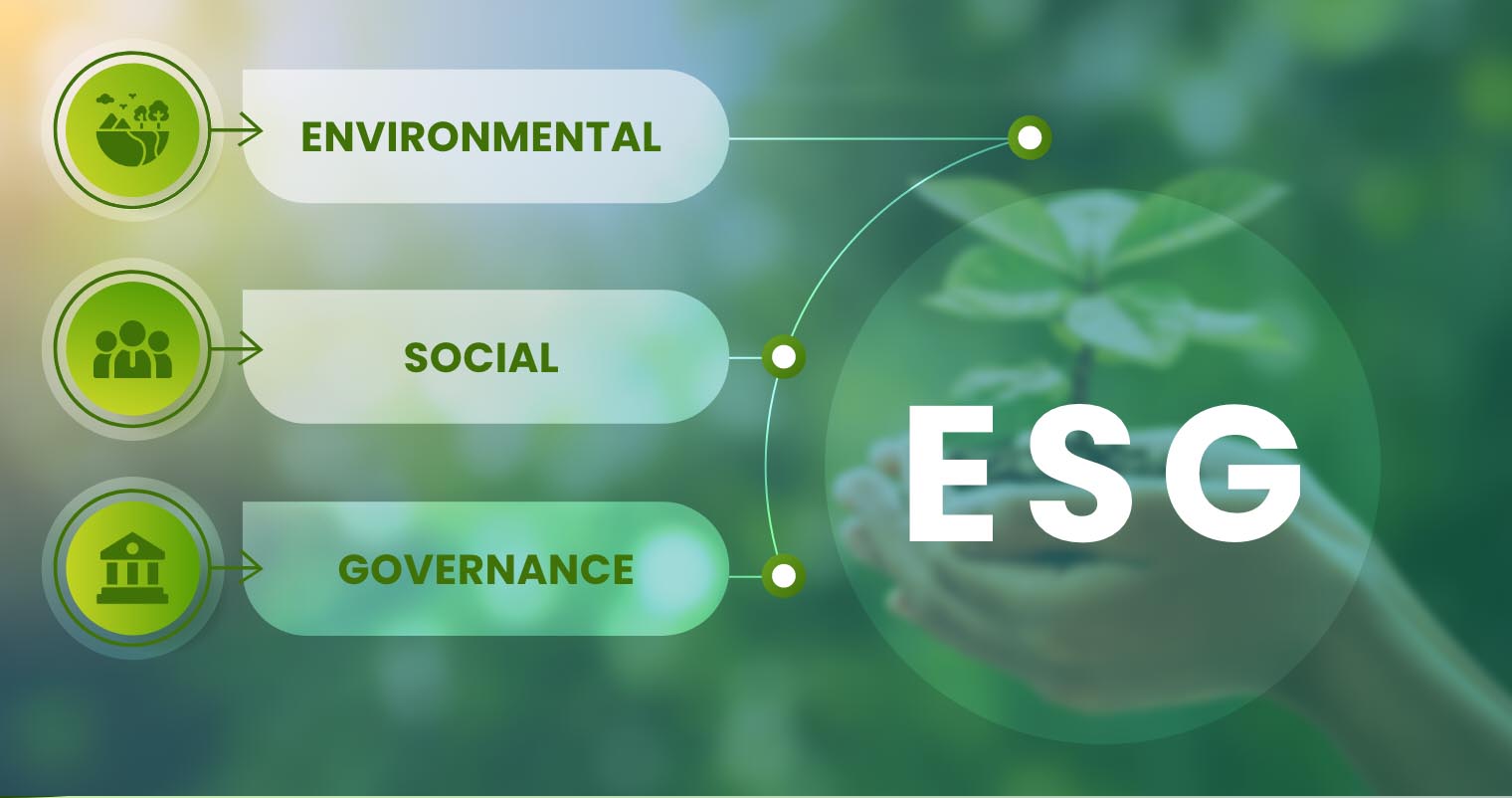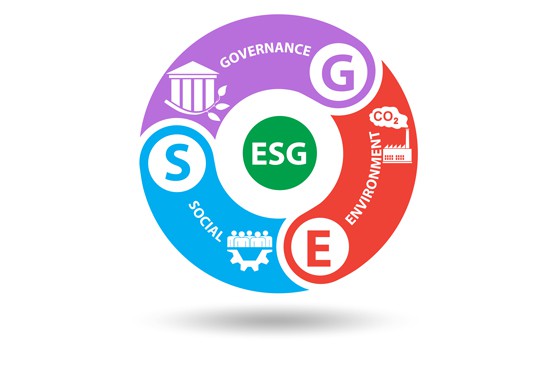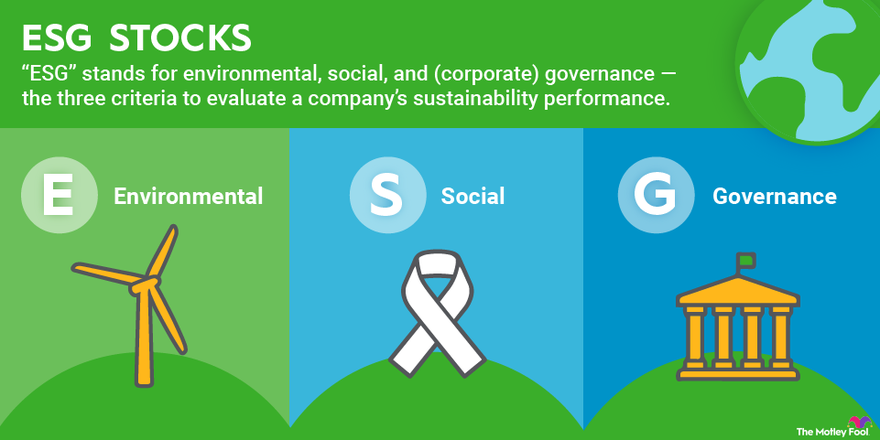Future Legislation for ESG Practices: What Changes Await Your Business? The world of business never stands still, especially when it comes to ESG (environmental, social, governance). New laws are coming and, like it or not, they will change how you run your company. From the air you breathe to the diversity of your team, each aspect faces fresh rules. You’ll need to know about carbon footprint laws, renewable energy policies, and why board diversity isn’t just nice to have—it’s a must. Let’s dig in and get you ahead of the game, prepping for shifts in compliance, reporting needs, and the money matters tied to green finance. Stay sharp, because what you don’t know can have serious impact on your bottom line and public standing.
Understanding Imminent ESG Regulatory Changes
Upcoming Shifts in ESG Compliance Standards
Are you ready for new rules on green business? Big ones are coming. They change how firms operate. New laws will make companies show how they help or hurt our earth. Picture this. Every company has to count its carbon steps, like footprints in the snow. We’ll know who’s treading lightly, and who’s stomping. Your business will need to tell all about its green moves.
Soon, investors will look at your ESG score before they put money down. If your score’s low, they might walk away. So, you need to keep track and aim high. This makes sure that everyone knows your firm is good for the world. Laws will also push for all kinds of folks to be in charge – all colors, genders, and backgrounds. This is no small thing. It can shape what your company does and open up new ideas.
Adapting to New ESG Reporting Requirements
Next, let’s talk about telling your green tale. Reports on ESG are not just nice to have. They will be a must. Think of it as your business’s report card for the planet. The law will say what you need to share. And it’s not just any old thing. It must be true facts that show how you help or harm our earth and its people.
There’s a kicker. It’s not just about trees and air. You also have to be fair to your team. Pay them right, and give them a safe place to work. It’s about keeping folks happy and well. And think bigger – how do you make life better for the folks around you?
These laws make sure that when you make money, it’s good for all. You’re not just in it for the cash. You’re in it for the long haul, to make things better. And if you slip up, folks will know. It’s like a promise you can’t break. So, clean up your act, be clear, and tell your story well. This isn’t just good for the earth; it’s a smart move for your business, too.
Get this. It’s not just about looking good today. It’s about being ready for what tomorrow brings. These new ESG rules? They’ll be the test. And you’ve got to pass with flying colors. It’s time to lead the way, show that you care, and do what’s right. Not just because you have to. But because it’s the way to win the future. Your company can shine bright like a beacon of green hope.
So, roll up your sleeves. There’s work to do, and the clock’s ticking. Laws won’t wait, and neither should you. It’s game on for green business, and you’re in the driver’s seat.
Navigating the Evolution of Environmental Legislation
Developments in Carbon Footprint Legal Frameworks
Lawmakers are busy, like bees making a honeycomb. They work hard on laws about Earth’s care. A big focus today is on the marks we leave behind, called our carbon footprint. These are like our Earth footprints, showing how much carbon we release by living and working.
What are the upcoming changes to carbon footprint legal frameworks? Rules are getting tougher on carbon footprints for all sizes of businesses. This means more tracking and cutting down on carbon.
New rules on carbon could change how companies act. They could need to check their carbon more, or use less power. Some might have to use cleaner energy or build things in new ways. This will help our air and our future.
Renewable Energy Statutes and Their Impact on Businesses
What’s up with laws for clean energy? More push for sun and wind energy is coming. These can give power without dirtying the sky. This switch can cost money, but it helps the planet.
Energy from sun, wind, and water doesn’t run out. It’s called renewable energy. New laws want more businesses to use this kind of power. This helps Earth and may save money on bills. It may also mean new kinds of jobs for many folks.
When you hear rules for clean energy, know this helps everyone. It’s like cleaning up a mess, but for the whole world. It means we all get to breathe easier and keep our land and water nice.
Change can be tricky, and new rules can feel tough. But it’s how we can make sure our kids have a good home on Earth. You might need help understanding all this. That’s okay! There are people who can help explain it in simple words.
Rules are important. They guide us on how to tread lightly on our planet. By learning about these changes, we stay ready for what’s next. We do our best for Earth, for our businesses, and for our future.
Enhancing Social Governance and Ethical Investment Practices
Board Diversity Legal Requirements: A Business Imperative
We’re stepping into a world where the faces around a company’s big table must change. The rules for who must sit on boards are getting new twists. The “board diversity legal requirements” are not just nice-to-haves. They are your must-haves. Soon, laws will ask, “Does your board look like the real world?” If not, change is coming. And it’s not just about fairness, it’s about smarts. Diverse groups make better choices, and laws are catching up to this fact.
This change is not just a nudge. In some places, it’s a hard shove. A board with people from different walks of life helps see risks and chances from every angle. This is about getting all voices in the mix. When you add more women, people of color, and varied backgrounds, you see the market with fresh eyes.
For those wondering if your business is up to speed, check right now. Look at your board. Do you see a mix, or do you see a row of same old? The clock is ticking, and laws will favor those with a better blend. Get there before a law tells you to move. It saves trouble and sets you ahead.
Incorporating Social Equity in Corporate Responsibility Strategies
Let’s talk about balance and doing right by all. I mean “social equity policy development”. It means lending a hand where it’s due and doing business with heart. You’ve got to look past the cash and see the faces. Who makes your product? How’s their life because of your company? Are you lifting them up or weighing them down?
New laws are coming that make you show how you’re helping, not just making. This is about opening doors for those left out. It’s about paying fair and caring for well-being. We’re talking schools, help for families, clean water, and air that’s fit to breathe. Your business can’t just take; it has to give back too.
When you weave social fairness into your company’s heart, you’re set for the future. You can say, “We don’t just follow laws; we’re ahead of them.” People want to buy from businesses that care. And laws will back this up more and more.
So, what should you do? First, look at what your company is already doing right. Then ask, “Where can we be better?” Make a plan. Act on it. And tell the world. This isn’t a one-time thing. It’s an always thing. Keep at it, and change as the world does. Your business will shine for it, and so will your legacy.
Remember, social governance policy doesn’t end. It’s your business’s steady beat. It’s the right thing. And it’s what new laws will demand. So don’t wait. Jump in now. Your business, your workers, your world — they’ll all thank you.
Financial Implications of ESG Integration and Disclosure
The Role of Green Finance Regulation in Future Investments
What changes in green finance regulation affect future investments? New laws push for more green projects. They make it easier to put money where it helps the planet. This means that businesses will need to think about the planet when they decide where to invest their money.
Green finance regulation is all about using money for projects that help the Earth. This could be wind farms, solar panels, or new ways to save energy. The rules will make sure that when businesses say they’re being green, they really mean it. Companies have to be honest about where their green money goes.
Investors now have to look at how their money can affect the planet. Laws now tell them to pick investments that don’t harm the Earth. This is good because it helps stop climate change. And it makes sure everyone plays fair. This way, the money goes to the right places, creating a better future for all of us.
Mitigating Climate Risk: Legal Strategies for Investors and Businesses
How can investors and businesses legally lower climate risks? They must check how their actions affect climate change. And they should make plans to deal with these risks.
Climate risk means how much harm a business can do to the climate. Or how climate change can hurt a business. There are laws now that tell companies they must think about the risks. They have to tell everyone how they plan to be safer for the planet. This helps everyone know what the risks are. And it makes it easier to stop problems before they get too big.
Businesses need to be ready for the weather to change a lot. This might mean floods or droughts that can hurt business. So, they need to plan for these changes to keep making money and to protect the planet.
If businesses do not think about climate risks, they could lose money. And they could damage the environment. But if they do the right thing, they can help make a better world. Plus, they might find new ways to make money by being green.
Investors have to use these new rules, too. They can’t ignore climate risks anymore. They should check that their money is used for good things. And they need to make sure the companies they invest in are also being careful about the planet. This way, their money is safe, and they help the Earth.
In the end, the goal of these changes in law is to keep our planet safe. And to make sure businesses can still make money without hurting the Earth. We all have to work together to make this happen. And that’s what these laws help us do.
In this post, we dug into big changes in ESG rules and what they mean for you. We tackled the new ESG standards and reporting needs, showing you what’s coming and how to prep for these shifts. Then we dived into the changing legal scene on the environment. We talked about laws on carbon and how renewable energy rules affect companies.
We also talked about social governance, stressing how vital board diversity laws are and how to weave social fairness into your company’s goals. Lastly, we checked out the money side of ESG. We looked at green finance laws and smart moves to handle climate risks in your cash plans.
To wrap up, these updates in ESG are big and can be tough to track. Yet, with the right know-how and actions, your business can stay ahead and thrive. Keep these insights close, as they’re the key to turning these changes into chances for success.
Q&A :
Sure, here is the SEO-optimized FAQ section for the keyword “Future Legislation for ESG Practices”:
#### What upcoming laws will impact ESG reporting requirements for companies?
With the global trend towards sustainable investing, future legislation is likely to increase the stringency of Environmental, Social, and Governance (ESG) reporting requirements. Governments are considering frameworks that mandate transparency in climate-related disclosures and social practices. Investors and stakeholders can expect enhanced ESG data availability which will be crucial for evaluating corporate responsibility and performance against societal goals.
#### How could new ESG regulations affect investment strategies?
The integration of new ESG legislation could significantly influence investment strategies, as compliance might become a determinant of financial performance and company valuation. Investors may shift focus to firms with strong ESG records, and proactive compliance could become a competitive advantage. Portfolio managers and individual investors will need to adapt their analysis to factor in the robustness of a company's ESG practices and the potential risks associated with ESG-related regulations.
#### Will future ESG laws impact business operations globally or just in certain regions?
Though ESG legislation can vary by region, global trends suggest a widespread adoption of sustainability driven laws. Future ESG legislation will likely carry global implications due to the interconnectedness of markets and the international nature of supply chains. Businesses operating multinationally will need to be attuned to ESG legal requirements in all regions of operation and how these may affect both local and global operations.
#### What types of ESG practices could future legislation focus on?
Upcoming ESG legislation may target a range of practices, including carbon emissions targets, energy efficiency programs, diversity and inclusion policies, and ethical supply chain management. Lawmakers might also introduce measures to avoid greenwashing, ensuring that ESG claims are substantiated and standardize the reporting process to help with comparability and benchmarking.
#### Is there a timeline for when we can expect new ESG legislation to be enacted?
While it's difficult to predict specific timelines, the momentum for ESG-focused legislation is growing. Some regions have already taken initial steps by proposing plans and timelines for implementing new regulations, with the European Union leading several initiatives. Companies should closely follow developments in local and international policy to prepare for potential scenarios that can impact their business.
Remember, the timing for the enactment of legislation is continuously evolving, and you should always cross-reference these insights with the latest updates in legal resources and governmental announcements.



